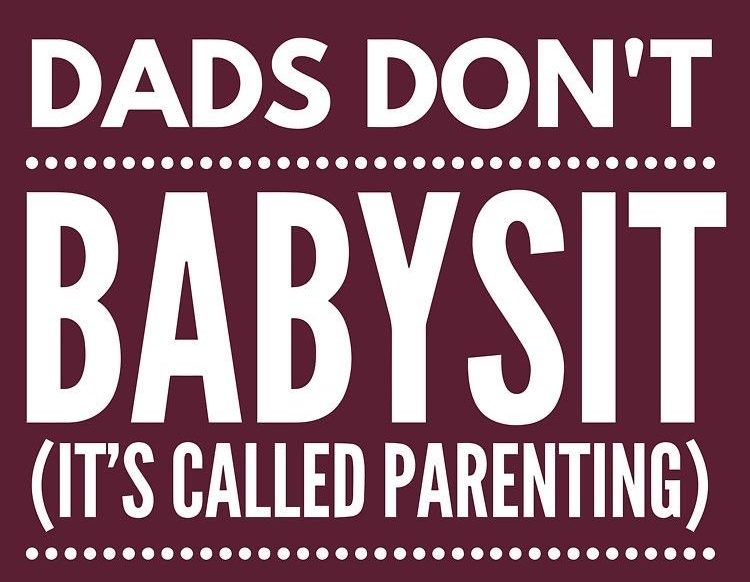Every New Year, millions make resolutions. Things we promise ourselves we will do to be healthier, happier, or more successful. By February, most of these resolutions are forgotten, or abandoned. I think it’s time we rethink this tradition for a better alternative, setting goals instead of resolutions.
What is wrong with New Year’s resolutions, are they are rigid? Resolutions tend to be a grand, like “I’m going to lose 20 pounds” or “I’m going to stop procrastinating.” They are many different ways to start of a calendar year and have no defined plan for carrying out the desired change. As we trip, we feel we have failed completely and quit entirely. In fact, research finds that some 80% of resolutions are abandoned by the second month of the year. This on-again, off-again cycle of resolution making and breaking will, in the process, be frustrating and discouraging.
Goals are much more flexible and tangible. Unlike resolutions, goals work to encourage us to make hard steps toward perfection rather than instant perfection. Goals allow for setbacks, which are a normal part of personal development. For instance, instead of promising oneself “to get fit this year,” saying the goal like “exercise three times a week” gives you a definite target. If you miss working out one week, you just try harder the next without thinking you have completely failed.
However, the difference is that goals focus on the journey while resolutions focus on the destination. Resolutions tend to be set out, while goals, as discussed above, can be divided into, achievable steps. If your long-term goal is financial health, for instance, the resolution might be to “save more money,” but the goal could be “save $200 per month by cutting back on dining out.” The latter is specific, measurable, and realistic.
Goals work more effectively because one can set them at any given time and revise them if circumstances change. There is no time, say, January 1st when you must start-self-improvement. The course of life is unpredictable, and situations change, thus requiring an individual to change his or her goals. A resolution, however, is a one-time deal. Once it breaks, no-one revisits it again.
It’s best to leave New Year’s resolutions where theyshould have stayed: in history. Ditch those resolutions and start setting goals that mean something to you. You might be surprised at just how much more fulfilling and effective this can be.










